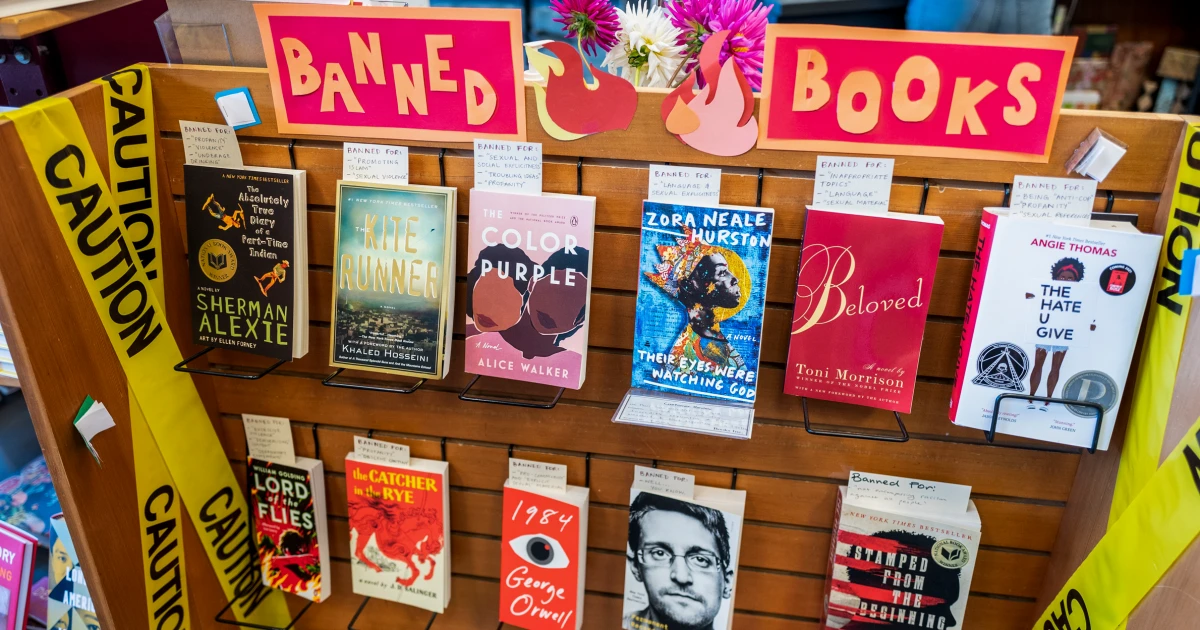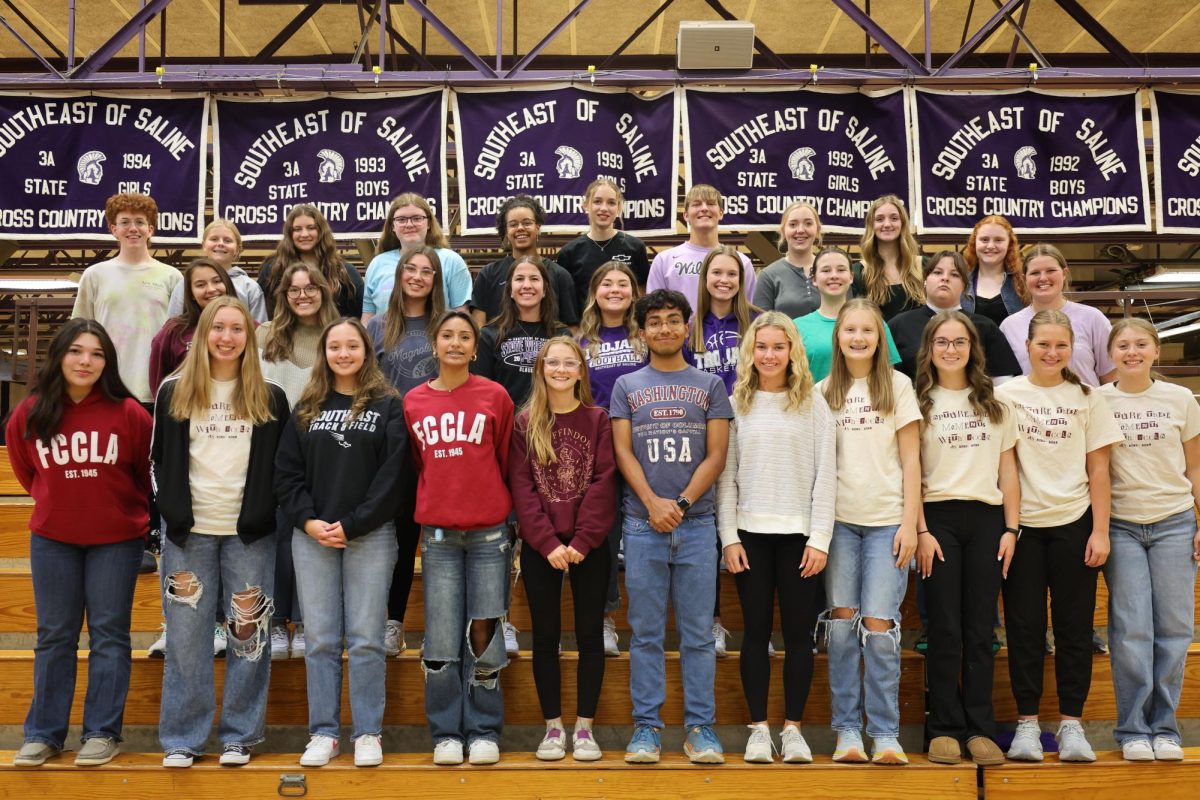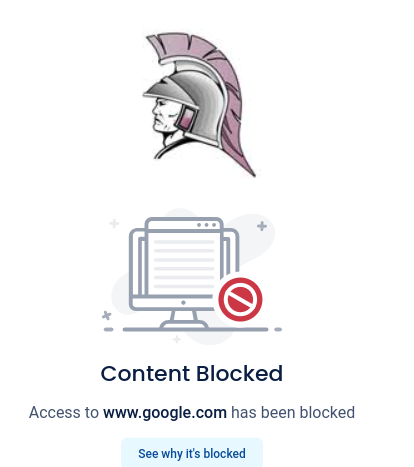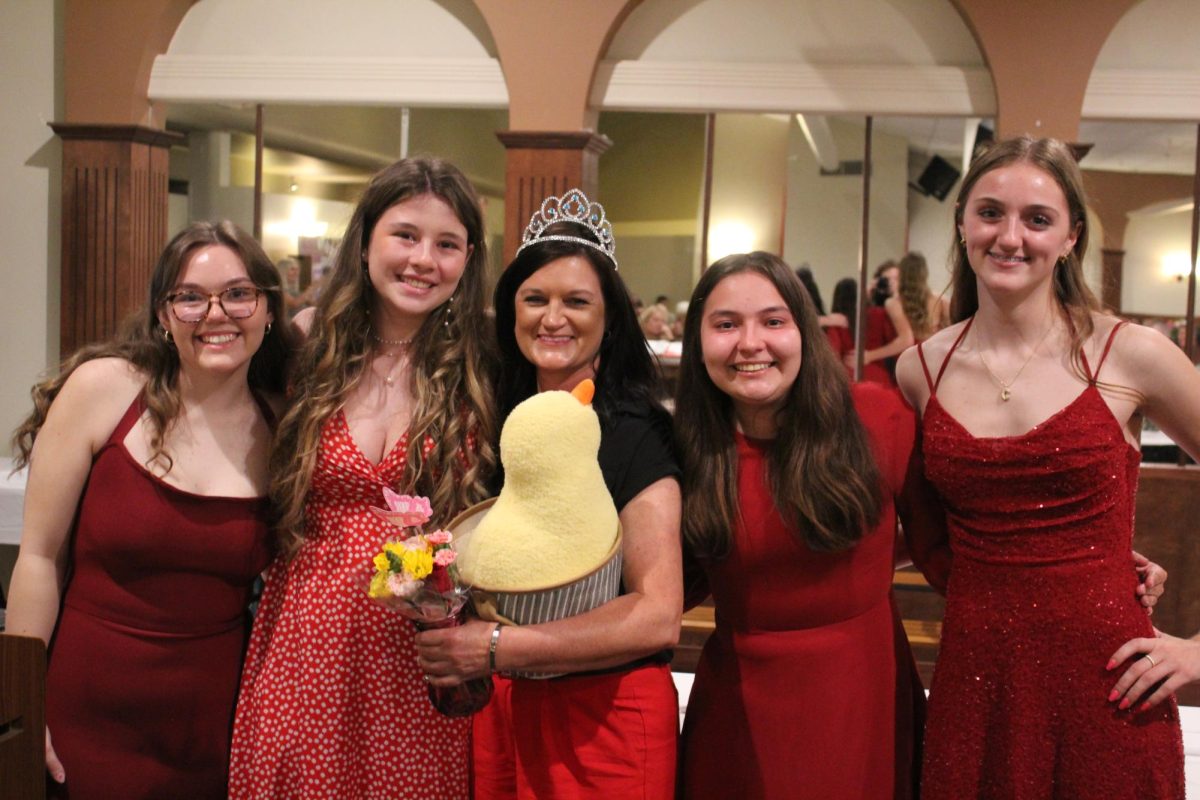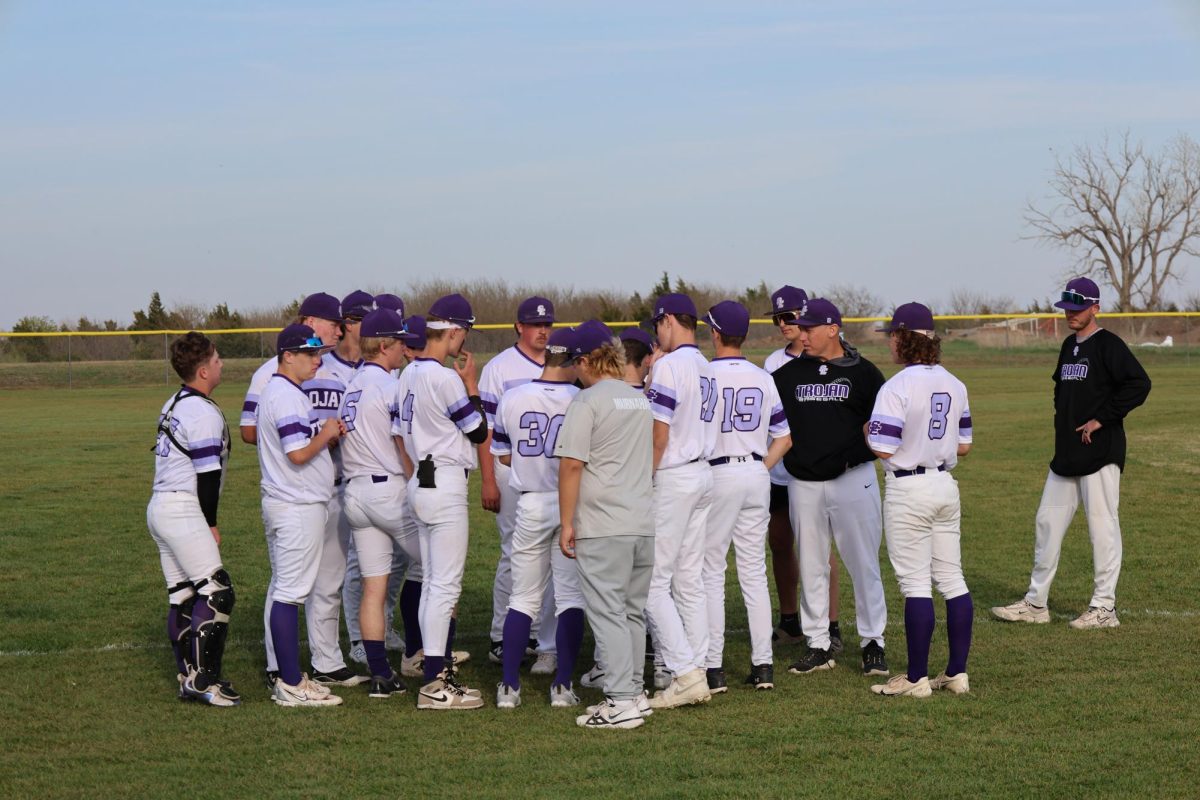According to Pen America, there were over 1,477 individual books banned in the United States during the 2022-2023 school year, and over 2,571 were challenged. This number was an increase of 28% compared to the last six months of data collected on book banning. This year, there have been over 2,000 attempts to ban certain books from schools and libraries. Even with the disapproval of book-banning from parents at 70% and a continuous uproar of Americans across the country, libraries and schools continue condemning books. With the varying number of reasons for banning books being pushed this year, the challenging and banning of books in the US have become more prominent in school libraries and libraries across the country.
Why are states still banning books even with the uproar of disapproval from parents and students alike? The answer lies in several areas. A majority of book bans tackle topics like race, LGBTQ+ experiences, politics, controversial themes and morals, sexual references, health/wellbeing, and profanity. There’s controversy surrounding the reason for the banning of these books, although many speculate it’s because of the increase of minority voices being silenced in particular books. Studies from Pen America show that the majority of books being banned are at 44% with mentions of physical violence. Some other top runners for high percentages of book bannings are themes on race and skin color (30%), and mentions of LGBTQ+ characters and themes (26%). The shocking thing about this data is that these two specific data showings are higher than the percentage of books banned for sexual content, which is only 24%. Although many young adult novels are targeted the most, children’s books are being flagged most prominently due to the focus on younger kids this year.
Unfortunately, this sad reality means many of the recently banned books are ones we read growing up. The series Captain Underpants is a victim of challenges. Captain Underpants has been flagged six times for offensive language, sexual content, and unsuitable content for all ages (American Library Association). Other books like Charlotte’s Web and the book series Drama are also being challenged for inappropriate content. Harry Potter books are by far the most challenged books in this century, mostly banned for witchcraft and supposed anti-family themes. It’s astounding the reasons that people find for banning such iconic books and series.
Although some books are chosen to be banned based specifically on content, there is a way that schools and public libraries are flagging certain books; they’re doing it through an automated system that filters out certain themes and words. In a particular case at a public library in Huntsville-Madison County in Alabama, a children’s book was flagged for “sexual content” just because the author’s last name was Gay. This was a mistake that the library’s system made, flagging the children’s book Read Me a Story, Stella by Marie-Louise Gay as inappropriate. The library’s executive director, Cindy Hewitt, published a statement, calling the flagging “laughable”. Although she was lighthearted in her answer, the company as a whole soon made clear the seriousness of book banning and its stance on the matter.
While the library was able to check the catalog and address the issue in a statement, they understood that censorship is still a pressing matter. Censorship of books across the nation is becoming more prominent, and it mostly affects the younger population. In one part of the statement released by the Huntsville-Madison County Public Library, they stated: “The ridiculousness of that fact should not detract from the seriousness of the situation. This proves… that censorship is never about limiting access to this book or that one. It is about sending the message to children that certain ideas and people are not worthy of discussion or acknowledgment or consideration.”
Why is decreasing the number of book bans important? It’s imperative to expose kids to new ways of thinking naturally and to introduce the voices of different individuals, especially through book reading. By censoring particular information, students are missing out on new information every day. Even though too many books across the nation are still being banned, associations like the ACLU (American Civil Liberties Union) and ALA are working to provide ways to limit book banning in America by defending the rights protected by the First Amendment and creating national initiatives like “Unite Against Book Bans”. Associations like these are making way for students to learn about all walks of life, especially those that are unreasonably and consistently censored. ♦


